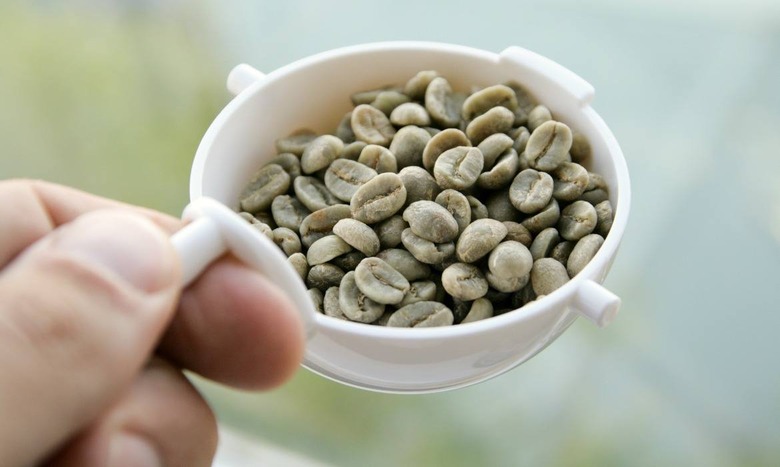Newly Patented Coffee Flour Could Add A Kick To Your Morning Muffin
Caffeinated baked goods are now a very real possibility, thanks to biophysicist Daniel Perlman, a professor at Brandeis University. Perlman, who helped to develop the "healthy fats" blend in SmartBalance butter substitute, has invented a coffee flour milled from parbaked (partially baked) coffee beans, according to Brandeis. Perlman's coffee bean parbaking and milling method was patented by Brandeis in December.
Perlman's method of roasting green coffee beans, parbaking at 300 degrees F for approximately 10 minutes, enhances the health benefits of coffee as it better preserves the chlorogenic acid (CGA) concentration of coffee beans better than traditional roasting methods. Recent studies have pointed to the benefits of drinking coffee, however scientists have yet to pinpoint the exact cause. One leading explanation involves CGA, "thought to be beneficial in modulating sugar metabolism, controlling blood pressure and possibly treating heart disease and cancer," writes Brandeis.
The parbaked coffee bean cannot be used to make coffee and is instead cryogenically milled to create a wheat-colored flour. Perlman has been experimenting with baking with his coffee flour and tells Eater, "This flour contains 2.5 percent caffeine by weight, so if you were to put 4 grams of this into, say, a breakfast muffin, it would be the equivalent of drinking a cup of coffee."
Since Perlman's coffee flour contains natural food-sourced caffeine, he expects the caffeine to be absorbed more gradually than from a cup of coffee, thus providing a more sustained release and longer-term stimulation. The flour itself is a "very user-friendly ingredient," says Perlman, and can be mixed with regular flours as an enhancing ingredient to provide antioxidants and a natural caffeine boost.
